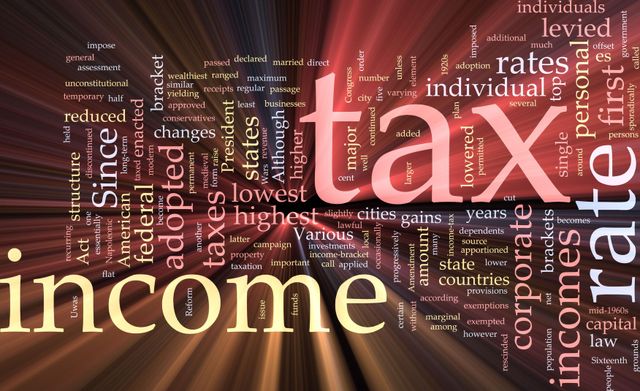What Is The Tax Implications If You Rent Out Your Primary Residence?
Q: What happens when a person moves out of his primary residence (let’s assume it is all paid up), and then rents somewhere else, while letting his “primary” residence – now as an investment property? Is the personal rental expense now deductible from the rental income of the owned property? If not, it would be quite bad, because now you are out of pocket with the rental to be paid, as well as being taxed on the rental income (and not having much to deduct for expenses).
A: According to Piet Nel (head of the School of Applied Tax at the SA Institute of Tax Professionals / Sait), the short answer is “no”, but there are a number of tax considerations here.
Implications of the change from personal use to trade use
From an Income Tax point of view, when there is a change in use of an asset the taxpayer is normally treated (for the purposes of capital gains) as having disposed of the asset. This also applies where an asset ceases to be held by a person as a personal-use asset (other than by way of a disposal). It is Sars’s view that the letting of a residence could be an indicator of a change of primary residence but it is by no means a decisive factor.
The principle is that the primary residence exclusion (R2 million) does not apply where the individual used that residence (or a part thereof) for the purposes of carrying on a trade (see below).
Deductions
The most important principle, from a tax point of view, and in order to arrive at taxable income, is that a person would only be able to make a deduction from his or her income derived from carrying on any trade.
The amounts received by way of the rental of the property would constitute gross income for the individual concerned and would not be exempt from normal tax. Fortunately, the definition of “trade”, for income tax purposes, includes “the letting of any property”.
In other words, you would be able to deduct the expenses, but there are further considerations.
For all expenditure, not specifically provided for, such as interest paid or repairs to the property, a deduction can then only be made if the expenditure was actually incurred in the production of the income and was not of a capital nature. Examples of these expenses would include municipal rates and some administrative expenses. It may also include rental paid for a property that, if allowed in terms of the rental agreement, is let out at a higher rental (but see below).
The expenditure actually incurred during the year of assessment on repairs would only qualify for deduction if it is in respect of property in respect of which income is receivable. In other words, repairs done before the income is receivable, will not meet this requirement.
Note that any moneys, can only be claimed as a deduction from income derived from trade, to the extent to which such moneys were laid out or expended for the purposes of trade. You mentioned that we must accept that there is no interest expense. If there was still an amount owing, on for instance a bond taken out to acquire the property, it would be quite a complex issue to decide whether or not the deduction of all the interest could be made. The principle, in essence, is that an adjustment must be made if there is any element of non-trade use (an example of private use).
The rental paid for the other property
The rental expense (you mentioned that the individual concerned “rents somewhere else to live”) would not qualify to be deducted. Whilst one may think that it is incurred in order to make the other property available to be let out, it is not expended for purposes of trade. In addition, it would also be cost incurred in the maintenance of any taxpayer, his family or establishment or domestic or private expenses. For tax purposes domestic or private expenses, includes the rent of any dwelling-house or domestic premises.
In other words, no deduction of the rental paid is then available in this instance.
Source: Moneyweb - Ingé Lamprecht

